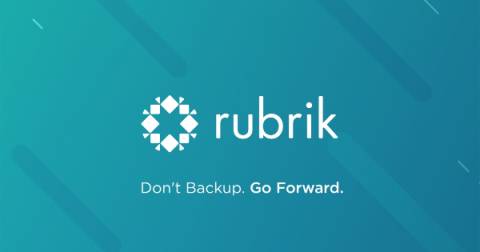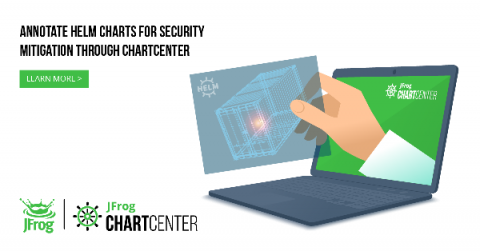Security | Threat Detection | Cyberattacks | DevSecOps | Compliance
Security
4 Things a Good Vulnerability Management Policy Should Include
Organizations face an ever-evolving threat landscape. With this in mind, it is imperative that organizations keep an up-to-date vulnerability management policy for remediating and controlling security vulnerabilities that may lead to a breach. A good vulnerability management policy should contain the following.
Threat Alert: Protect Your Files from New Google Drive Security Risks
Earlier this year, the news broke of a new method that attackers were using to infiltrate Google Drive.
Gazing into the crystal ball: A look at 2021 software security predictions
Experts share their 2021 software security predictions about DevSecOps adoption, the risks of social engineering and ransomware, cloud adoption, and more. Anybody who made predictions a year ago about 2020 could be forgiven for feeling a bit like the TV weather forecaster who got a note from an angry viewer telling him, “I just shoveled six inches of ‘partly cloudy’ off my driveway.”
Customized Autoscaling: Minimize Your Cloud Cost
Kubernetes clusters have become the go-to solution for hosting applications in the cloud. Most cloud providers offer Kubernetes services, such as the Azure Kubernetes Service (AKS), Amazon Elastic Kubernetes Service (Amazon EKS), or Google Kubernetes Engine (GKE). But are you spending too much on compute resources in the cloud? Is your load pattern complex and difficult to predict? Is the load growing inconsistently or are you running applications on-demand that could cause sudden bursts?
Adding Helm Chart Security Mitigation Notes to ChartCenter
Earlier this year, we launched ChartCenter, our newest community platform to help Kubernetes developers find Helm charts. This new free Helm central repository was built with chart immutability in mind— meaning every version of a Helm chart and every version in ChartCenter will always be available even if the original source goes down.
Key OT Cybersecurity Challenges: Availability, Integrity and Confidentiality
Organisations are still underestimating the risks created by insufficiently secured operational technology (OT). One current example comes from Germany. According to a report by heise.de, external security testers consider it “likely” that a successful serious cyberattack against the publicly owned water company Berliner Wasserbetriebe could lead to a complete failure of the German capital’s waste water management.
Thoughts from the NCSC 2020 Annual Review
The National Cyber Security Centre (NCSC) released its annual review of 2020. If you are unfamiliar with the NCSC, part of their mission is that they are “dedicated to making the United Kingdom the safest place in the world to live and work online.” This is a lofty goal, and since the first report, issued in 2016, the NCSC remains steadfast in its vision. This year’s report, which spans the period from September 2019 through August 2020, contains many interesting insights.
ARMO Announces Nitro Enclave support - making it DevOps ready out of the box
Enabling enclaves-based security is key for enterprise cloud adoption General availability of Nitro Enclaves, recently announced by AWS, is Amazon’s way of delivering confidential computing to its customers. Following similar announcements by Microsoft Azure and Google Cloud, AWS announcement further confirms growing demand for additional runtime protection of customer’s data and other intellectual properties.
Weekly Cyber Security News 04/12/2020
A selection of this week’s more interesting vulnerability disclosures and cyber security news. For a daily selection see our twitter feed at #ionCube24. Yet more, and for a change and not just a problem with Ring.









